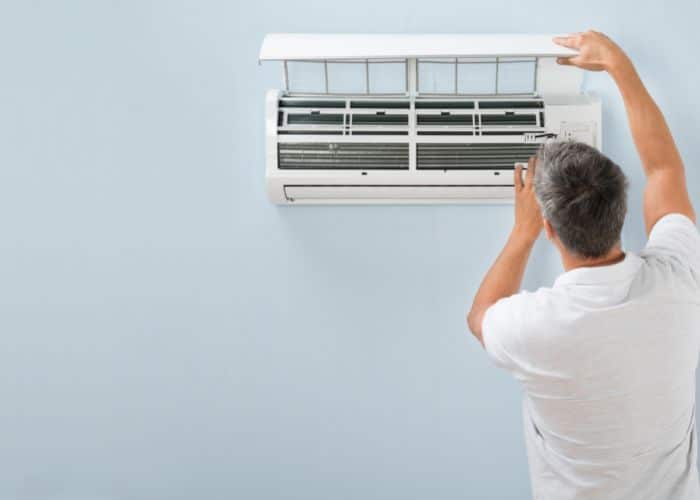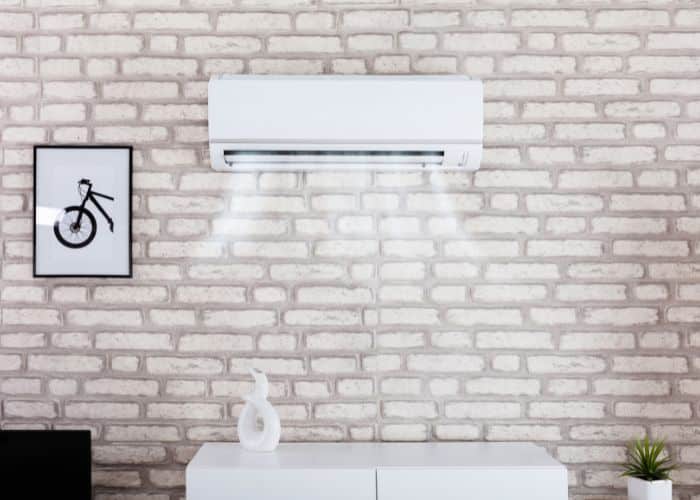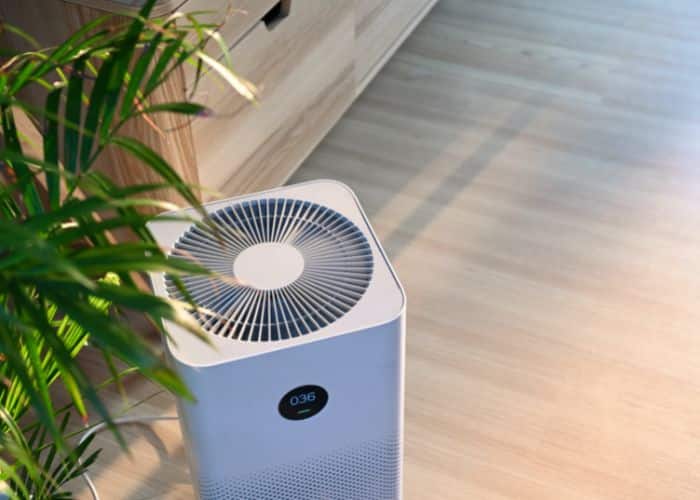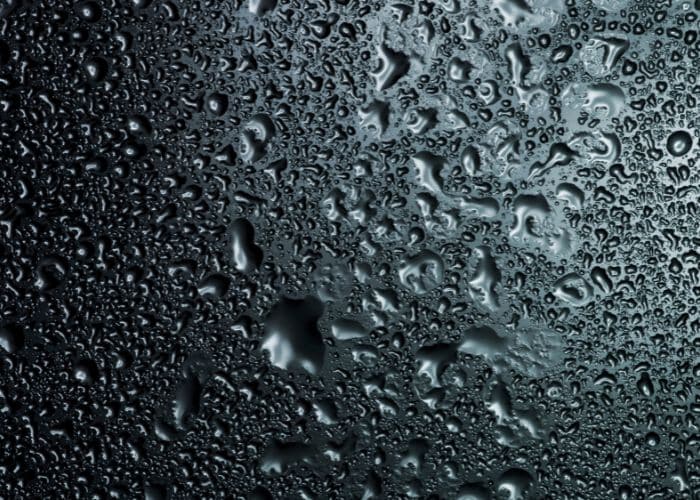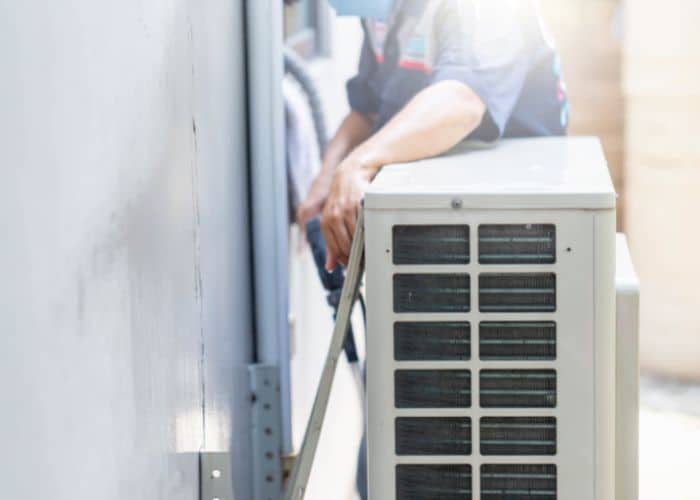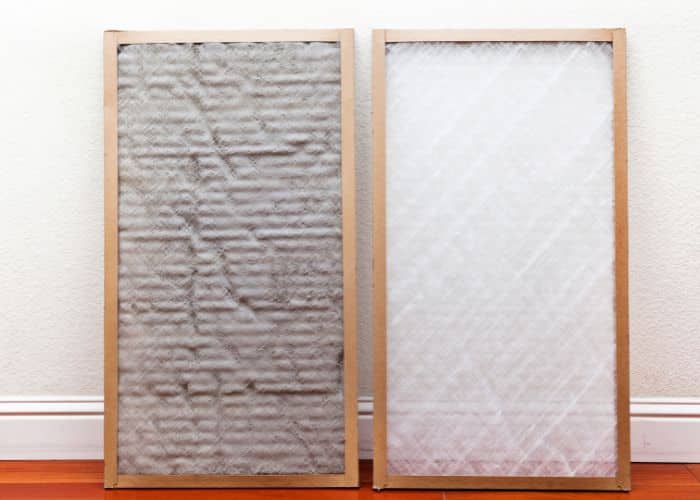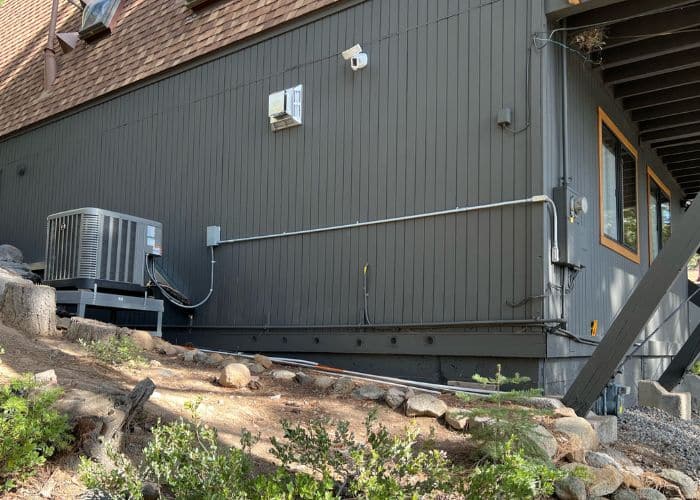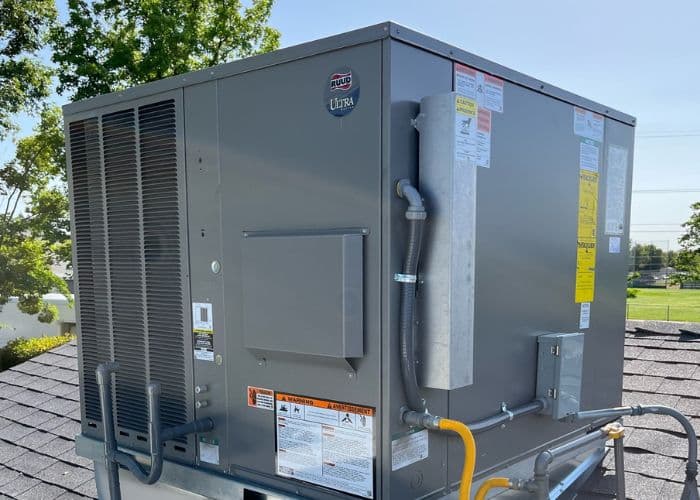Thermostat Temperature for Summertime
Understanding the Ideal Thermostat Temperature for Summertime
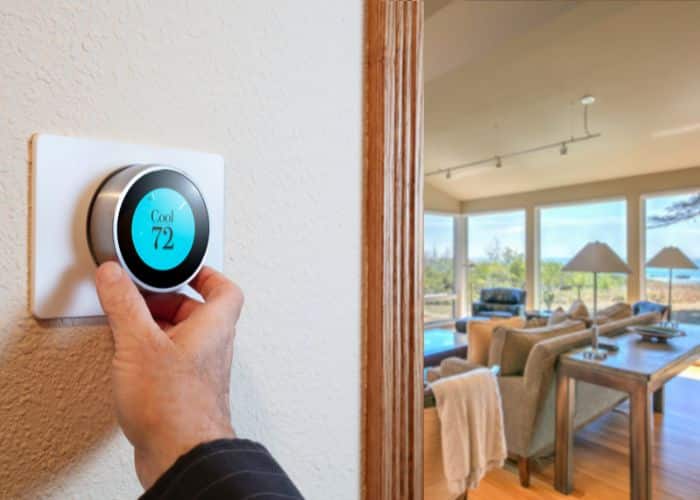
As the temperature outside begins to rise, keeping your home cool and comfortable becomes a top priority. However, it’s easy to make mistakes when it comes to setting your thermostat for the summer months. Many homeowners crank up the air conditioning to its maximum to try to beat the heat, only to end up with skyrocketing energy bills. But finding the ideal thermostat temperature is essential for staying comfortable and keeping your energy bills in check. In this blog post, we’ll explore the ideal thermostat temperature for summertime and how to maintain it.
Understand the Ideal Temperature Range
The ideal thermostat temperature range for summertime is between 72-78°F. However, the ideal temperature can vary depending on your preferences and lifestyle. If you work from home or have family members who are at home during the day, you may want to set the temperature higher to reduce energy consumption. Additionally, if there are areas in your home that tend to get warmer, you will want to adjust the temperature accordingly.
Use a Programmable Thermostat
Using a programmable thermostat is an excellent way to keep your home cool and energy-efficient throughout the summer months. With this device, you can set different temperature schedules according to your daily routine. For example, you can program your thermostat to set the temperature higher while you’re away from home during the day and lower when you return home in the evening. This will help you save money on your energy bill while still keeping you comfortable.
Don’t Overwork Your HVAC System
It’s crucial not to overwork your HVAC system during the summer months. Keep in mind that the temperature outside can affect how hard your HVAC system has to work to keep your home cool. If it’s exceptionally hot outside, your system will work harder, and you may see an increase in your energy bill. To avoid this, try to keep your home as shaded as possible, close your curtains or blinds during the daytime, and make sure your filters are clean to ensure your system runs smoothly.
Use Fans to Circulate Air
Fans are an excellent tool to circulate cool air throughout your home. They work well in conjunction with your HVAC system or when used alone in rooms that don’t have air conditioning. Make sure to switch off any fans whenever you leave a room, as they don’t actually affect the temperature of the room, but only the way the air feels on your skin.
Have Your HVAC System Serviced Regularly
Having your HVAC system serviced regularly is essential, even in the summer months. Maintenance appointments can help identify potential issues before they become bigger problems, save you money on your energy bill, and prolong the life of your system. Regular maintenance ensures that your system is working efficiently and effectively to keep you comfortable all summer long.
Summer is the time to enjoy the great outdoors and soak in the sun, but it’s also the time to keep your home cool and comfortable. As we’ve discussed, there are multiple ways to achieve the ideal thermostat temperature for summertime without breaking the bank. From understanding the ideal temperature range to using a programmable thermostat, using fans to circulate air, and regular maintenance of your HVAC system; it all comes down to staying proactive to ensure you stay comfortable and save money on energy. Finally, if you’re experiencing any issues with your HVAC system, contact us today at Love and Care Heating and Air in Sacramento, California, to help you identify and solve any potential issues before they become bigger problems.

